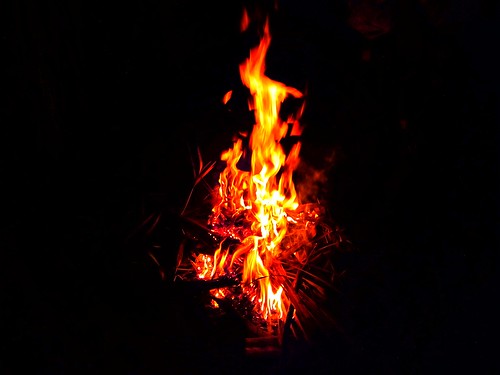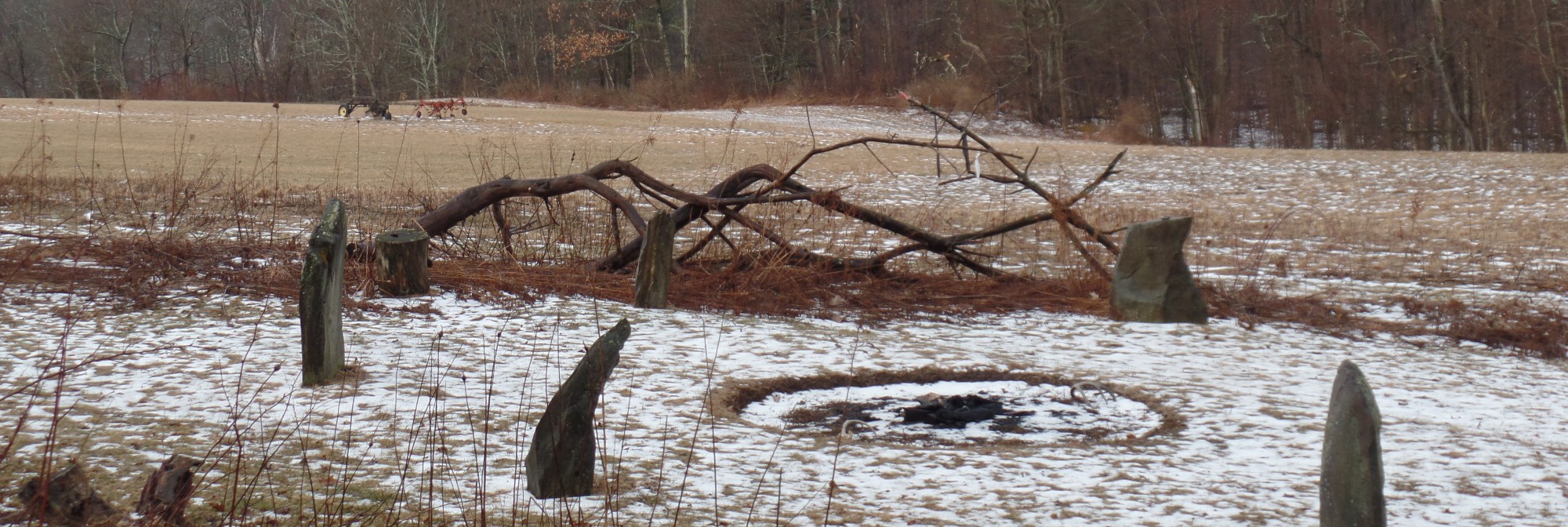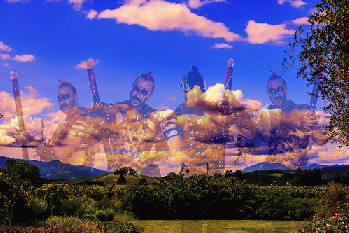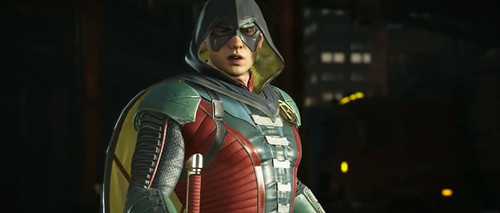
Tonight is Samhain (Saw-wen), which spans Oct 30 – Nov 1. This is the time of year when the ordinary and non-ordinary reality are a veil apart. It is important to honor the helpful ancestral spirits, the ones who are here for our benefit, to teach and protect us, to ask those spirits to come around from behind us to watch over us. It is also the time of year when we need their protection most because there are spirits who are more predatory or who can harm us. Even a light smudge and a simple prayer for protection would be extremely timely . . . protection for you and those you love.
Samhain is the Celtic New Year and begins at sunset. It is the transition from Summer to Winter. Traditionally, anciently, the cows were brought down from the high pastures into the paddock, and they themselves were smudged (the animals that is). Nothing was harvested after today because the land belonged to the winter spirits. (i.e., if you harvest a squash after today, simply ask permission of the Winter spirits, that is the idea.) The hearth fire was symbolically lit, as a part of the Samhain ritual, but that could be a candle; once lit it can stay lit or be extinguished, it is the act of kindling the ritual flame that is important. While lighting the fire or candle, acknowledge and honor the house spirits and the home spirits, the ones who watch over the house and land.
The point is, (if you want to do more ritual) (Adapt these ritual elements to your situation:) Douse the house lights (and hearth-fire). If you are having a Samhain fire outside, light it when the sun sets. (This can be a modest fire.) Bring a stone to place it on a cairn, (breathing into the stone a prayer for the world, a prayer for family and community and a prayer for yourself silent or aloud). tell stories of ancestors while passing around apples to all present. (Remember that ancestors are not just blood-ancestors but all those who lived before us!) As you bite into the apples, while listening to stories (or silence) recognize the miracle of embodiment, being in a body, which the apple represents! To the spirits a body is a wonder and a blessing. The apple is the sweetness of life. Toss the core ritually as an offering to the animals who know all about the transition to Winter. Light a candle from the Samhain fire. You can blow it out but bring it into the house and relight it there. That represents the hearth-fire, the renewed light and warmth for the coming year and the Winter. This is all very propitious and auspicious, doing these very old rituals!!!
PS Even if you only half believe this, I recommend doing it. Trust others’ experience. I promise you, spirits, both ancestral and Nature spirits, are very real.




